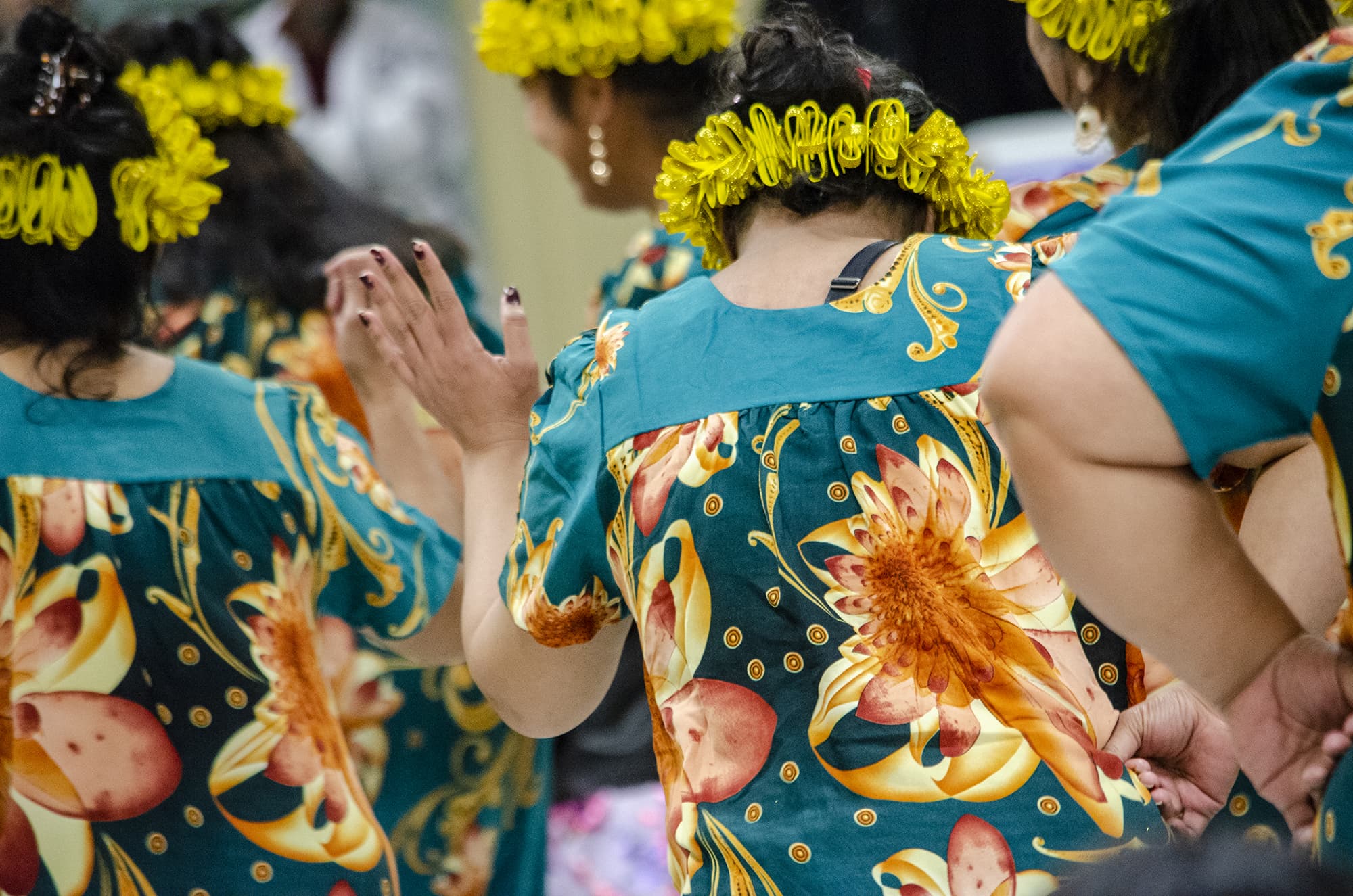
Earlier this year, UAMS Community Health & Research launched a new Family Model Diabetes Self-Management and Education (FDSME) study in Marshallese churches, the office’s third study to address diabetes in the Republic of the Marshall Islands.
Program staff will teach diabetes classes in 24 Marshallese churches over the next 5 years, with the goal of significantly improving diabetes-related health outcomes among participants. Pre-intervention data collection events are scheduled to begin June 28 and will continue through July 31.
Interested participants must be Marshallese, be 18 years of age or older, have type 2 diabetes, and have at least one family member willing to attend the program.
Future cycles of the study will include churches in Arno and other locations beyond Majuro. For more information about the study, email HealthResearch2@uams.edu or call 692-456-4875.
In partnership with KIJILE, Marshallese Educational Initiative, and the Republic of the Marshall Islands (RMI) Ministry of Health & Human Services, UAMS Community Health & Research launched a pilot FDSME study in Majuro, RMI, in 2019. Participants reported that they improved their knowledge of diabetes care and had more family support after completing the program. Other results among the 70 study participants include:
- 92% had never taken a diabetes management course before
- 34% saw an increase in the number of times they’d seen a doctor
- 75% increased their blood sugar testing rate
- More than 50% of participants showed improved systolic and diastolic blood pressure.
In 2021, UAMS Community Health & Research conducted type 2 diabetes screenings in churches throughout the Marshall Islands. We visited 17 churches and screened 528 individuals. Of those:
- 183 participants had an abnormal HbA1c and blood pressure readings and were referred to noncommunicable disease providers for counseling.
- 112 participants visited a clinic for follow-up care after they were seen at a screening.
- 466 participants received counseling by RMI Ministry of Health & Human Services providers at community screenings,
- 100% of participants were referred to the Ministry of Health & Human Services for follow-up care.
For full study results for the community screenings and the FDSME study, click here. For more about the new FSDME study, click here or call 692-456-4875.
